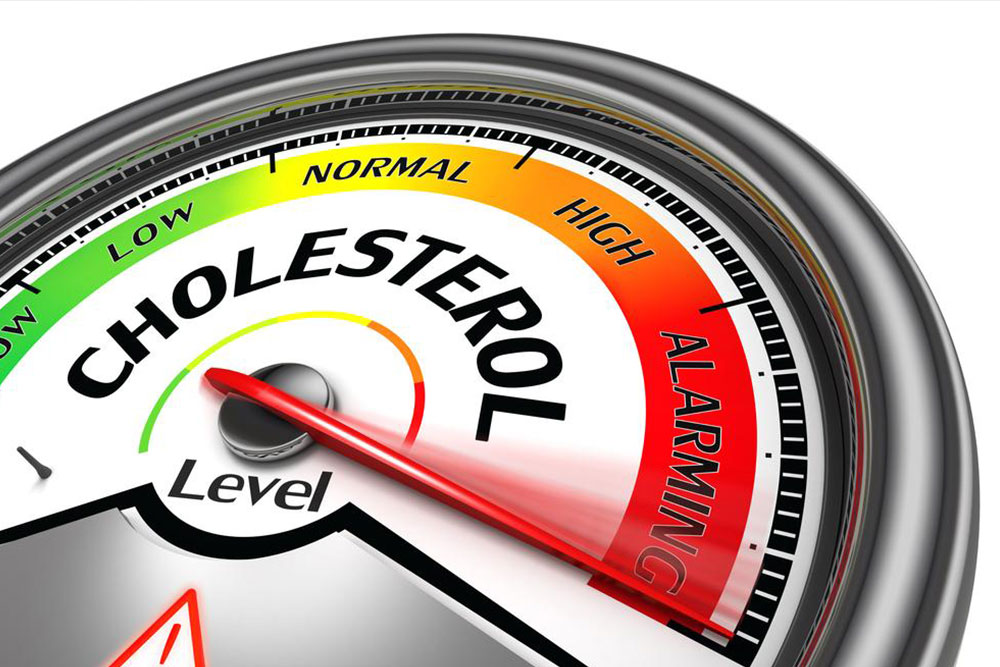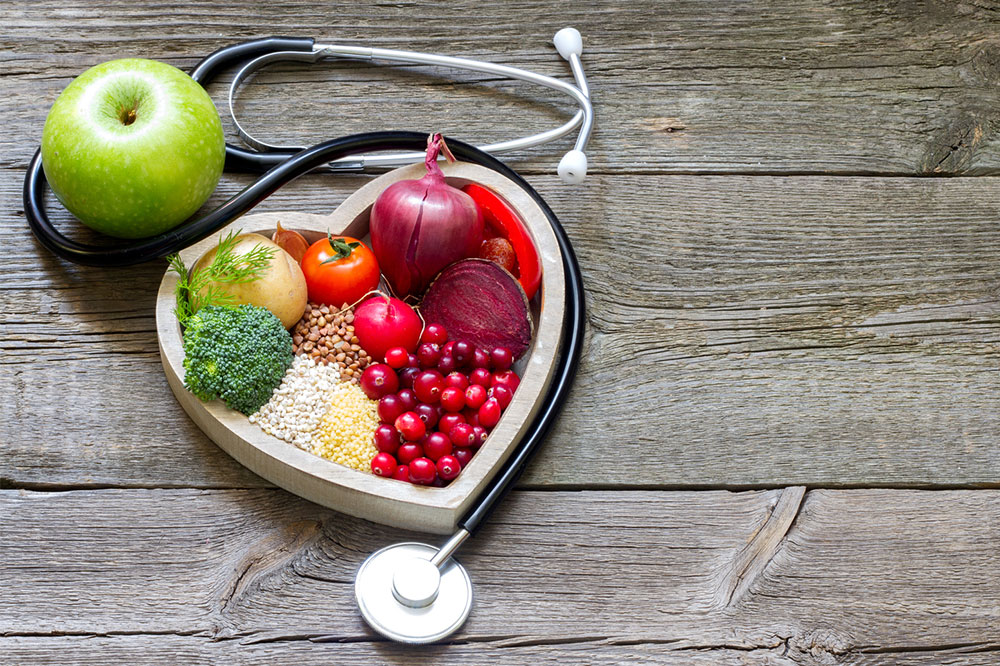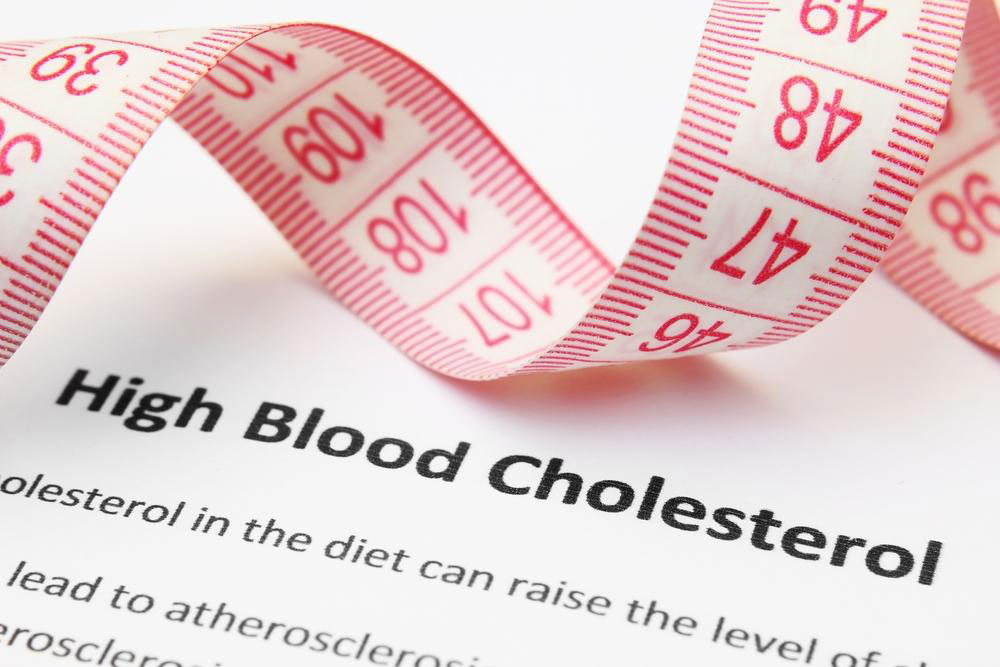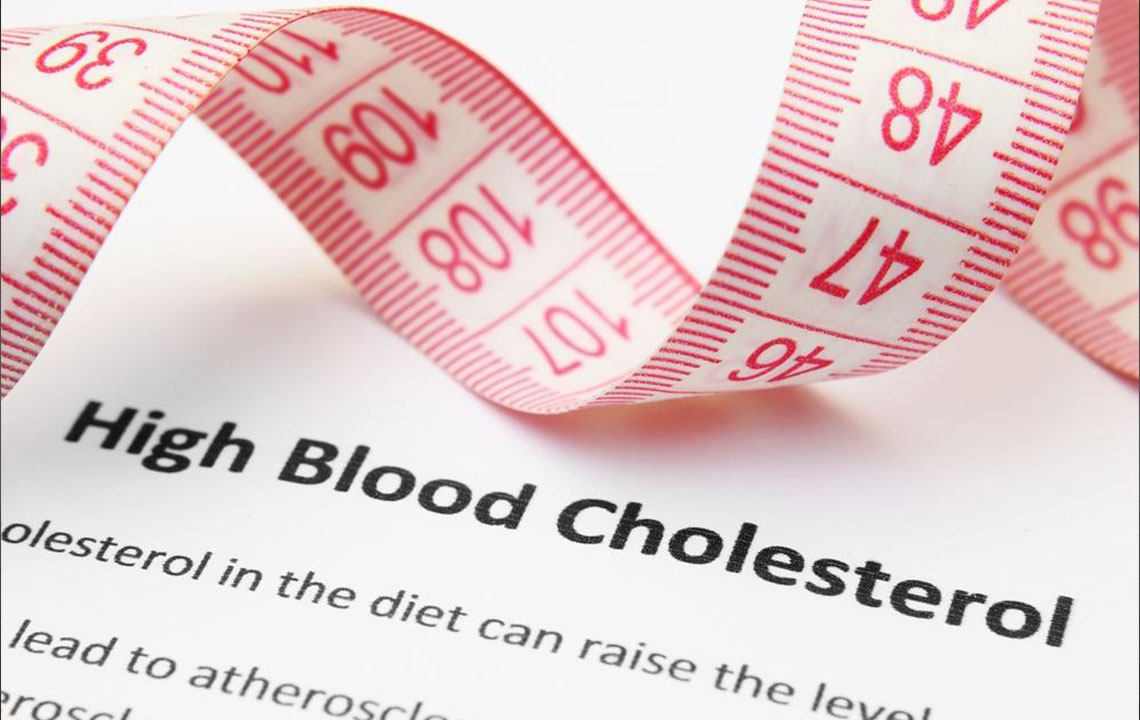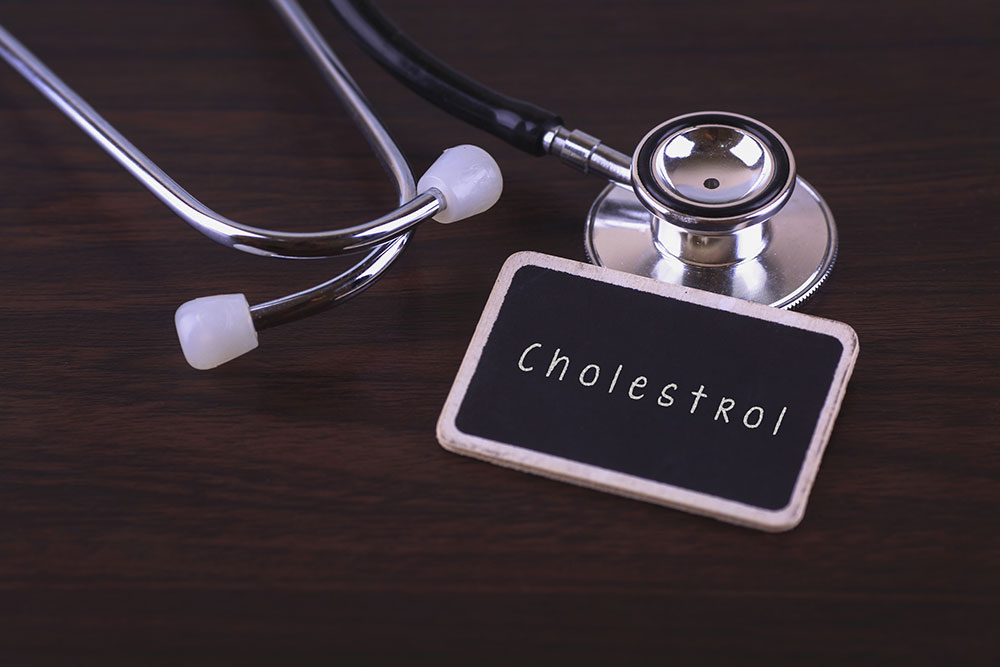Understanding and Managing Elevated Cholesterol Levels
This article explains the importance of monitoring cholesterol levels, how to interpret blood test results for LDL and HDL, and effective strategies including lifestyle changes and medications to manage high cholesterol. It emphasizes the significance of maintaining healthy cholesterol levels to prevent heart disease and strokes, providing guidance on diagnosis and treatment options for optimal cardiovascular health.
Sponsored
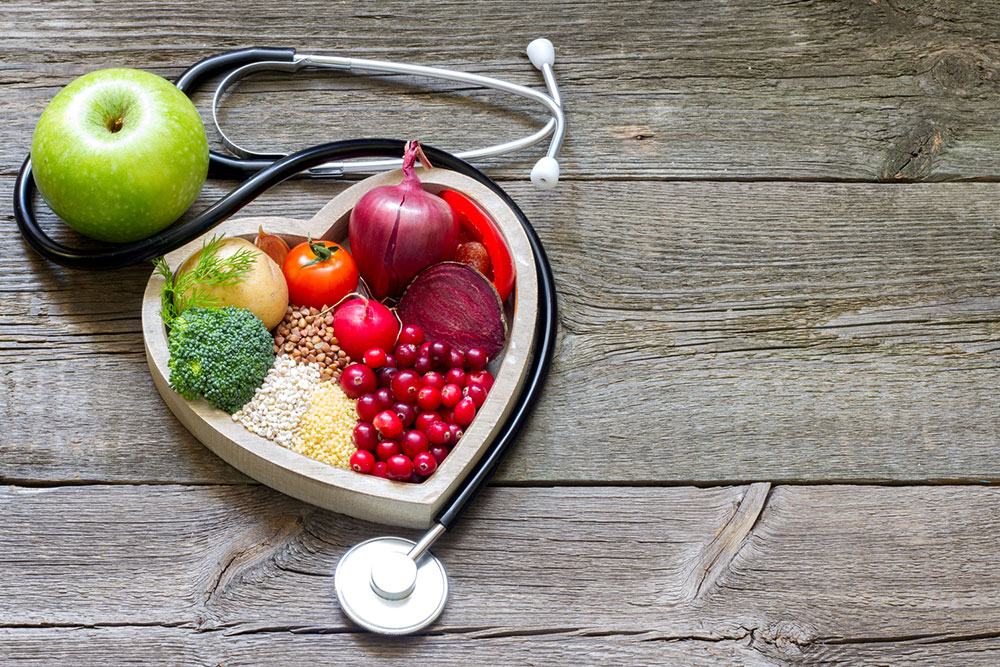
The foods we consume significantly impact our health, especially when processed and fast foods dominate our diet. Excessive intake can lead to health issues like high cholesterol, a waxy substance found in blood lipids. While cholesterol is essential for cell health, elevated levels increase the risk of heart disease. To determine your cholesterol status, a simple blood test is necessary. High cholesterol can cause fatty deposits in arteries, obstructing blood flow, and raising the risk of heart attacks and strokes.
Monitoring cholesterol levels is crucial. When levels are high, fatty buildup can block arteries, jeopardizing cardiovascular health. Diagnosis involves measuring LDL and HDL cholesterol levels via blood tests.
LDL Cholesterol Testing
LDL, or 'bad' cholesterol, levels are categorized as follows:
Less than 70 mg/dL is optimal for individuals with heart disease or diabetes.
100–129 mg/dL is near optimal if no health issues are present; high if you have heart conditions.
130–159 mg/dL is borderline high; high for those with heart problems.
160–189 mg/dL is high and risky, especially for heart disease sufferers.
Above 190 mg/dL is very high, needing immediate intervention.
HDL Cholesterol Testing
High HDL (the 'good' cholesterol) levels support heart health. Ideal HDL levels are:
Below 40 mg/dL for men is considered poor.
Below 50 mg/dL for women is poor.
50–59 mg/dL is moderate and acceptable.
Above 60 mg/dL is optimal and protective against disease.
Managing High Cholesterol
The primary treatment includes regular exercise (at least 150 minutes weekly) and a balanced diet rich in fruits, vegetables, and whole grains. Limiting processed and junk foods is beneficial. If lifestyle modifications are insufficient, medications like statins or injectable therapies may be prescribed, especially for genetic or severe cases. Medications help lower LDL and raise HDL, reducing cardiovascular risk.
Prioritizing a healthy lifestyle, avoiding smoking, limiting alcohol, and adhering to medical advice can effectively control cholesterol levels. Regular testing and treatment are essential for maintaining cardiovascular health. Act now to assess and manage your cholesterol for a healthier future.

